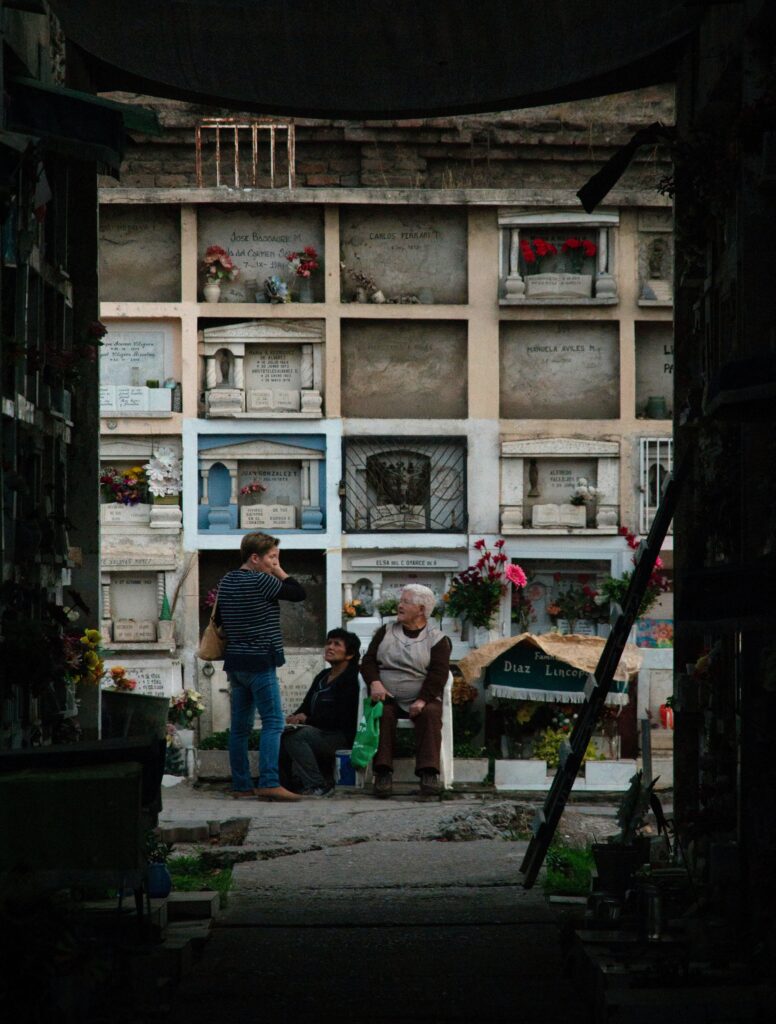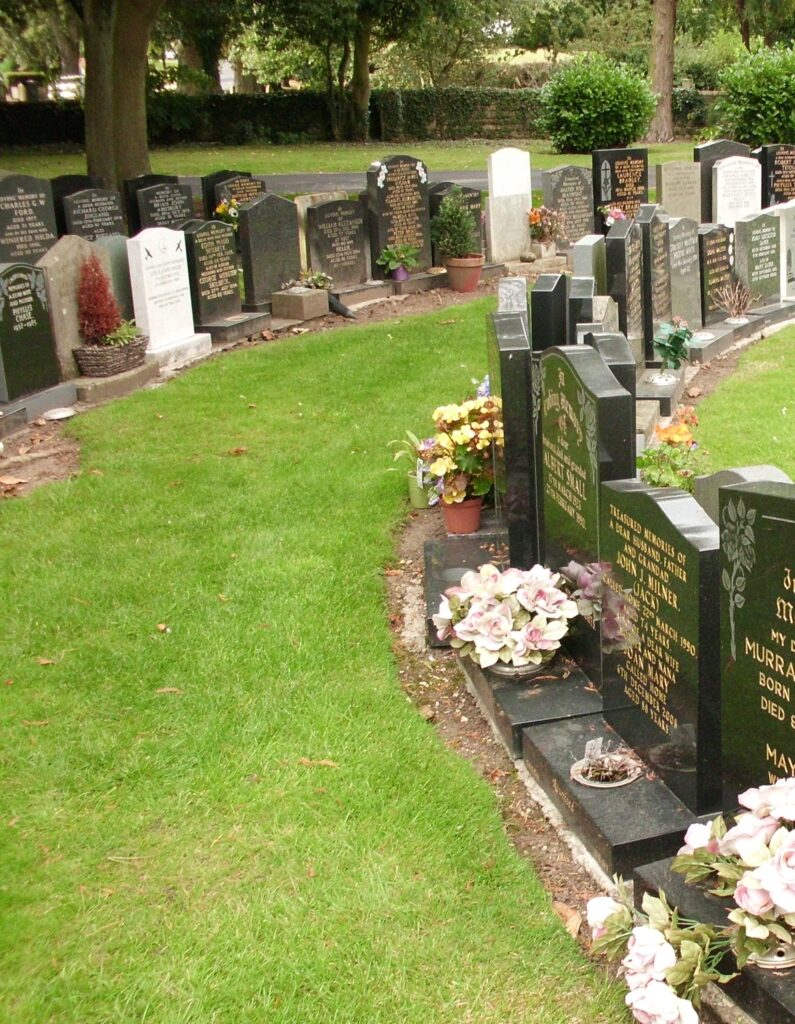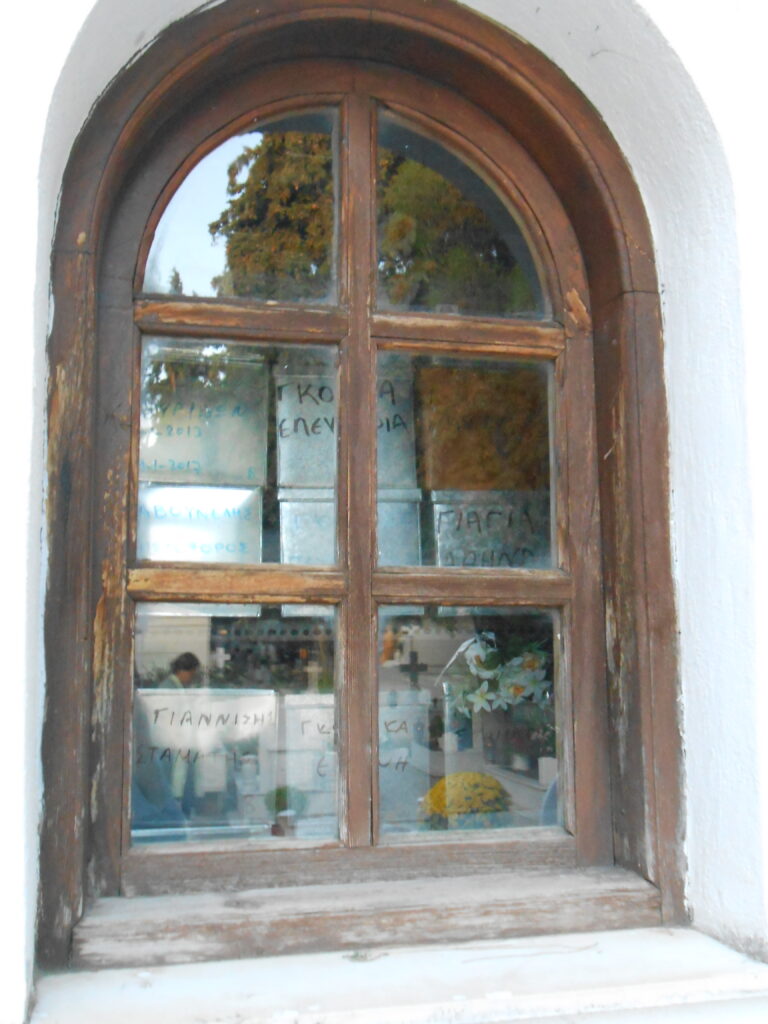Every culture must devise ways of attending to mortal remains. The Cemetery Research Group (CRG) takes an interdisciplinary approach in researching how emotional, religious and social concerns have been framed by economic and political imperatives.
Across the world, traditional practices have been gradually overtaken by the need to operate at scale, as populations move from rural to urban settlements. Dealing with the dead has become the purview of professional managers, planners and technological innovators.
The highly charged significance of mortal remains means that societal responses to the dead can become points of coercion and conflict, celebrating or supressing identity.
Scholars from around the globe are engaged in cemetery studies, broadly defined, and there is a substantial and growing bibliography.




